Panos J. Antsaklis
Graph Neural Network-Based Distributed Optimal Control for Linear Networked Systems: An Online Distributed Training Approach
Apr 08, 2025Abstract:In this paper, we consider the distributed optimal control problem for linear networked systems. In particular, we are interested in learning distributed optimal controllers using graph recurrent neural networks (GRNNs). Most of the existing approaches result in centralized optimal controllers with offline training processes. However, as the increasing demand of network resilience, the optimal controllers are further expected to be distributed, and are desirable to be trained in an online distributed fashion, which are also the main contributions of our work. To solve this problem, we first propose a GRNN-based distributed optimal control method, and we cast the problem as a self-supervised learning problem. Then, the distributed online training is achieved via distributed gradient computation, and inspired by the (consensus-based) distributed optimization idea, a distributed online training optimizer is designed. Furthermore, the local closed-loop stability of the linear networked system under our proposed GRNN-based controller is provided by assuming that the nonlinear activation function of the GRNN-based controller is both local sector-bounded and slope-restricted. The effectiveness of our proposed method is illustrated by numerical simulations using a specifically developed simulator.
Robust Approximate Simulation for Hierarchical Control of Piecewise Affine Systems under Bounded Disturbances
Mar 04, 2022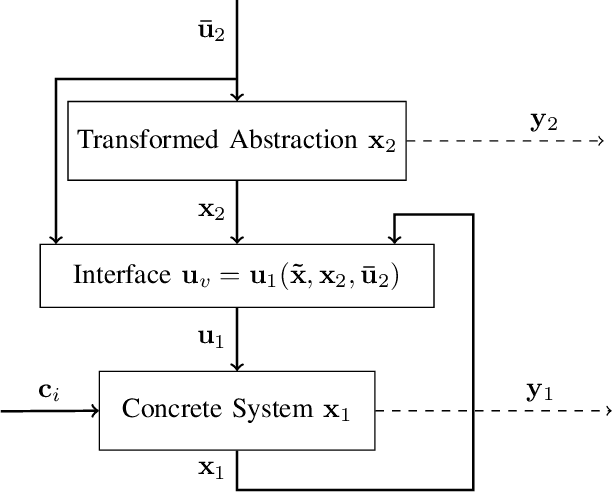
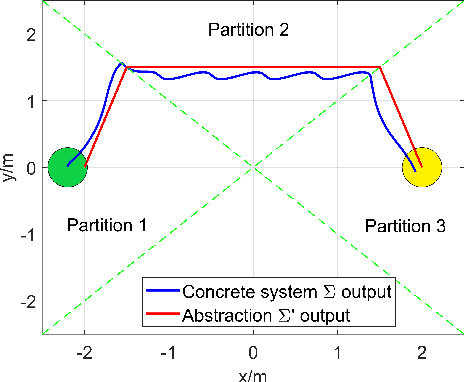
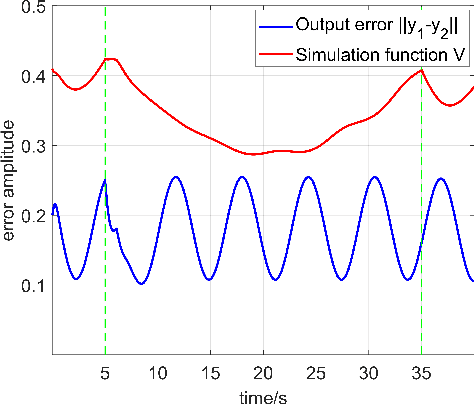
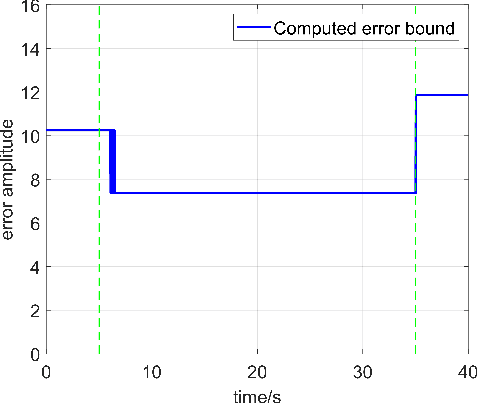
Abstract:Piecewise affine (PWA) systems are widely applied in many practical cases such as the control of nonlinear systems and hybrid dynamics. However, most of the existing PWA control methods have poor scalability with respect to the number of modes and system dimensions and may not be robust to the disturbances in performance. In this paper, we present a robust approximate simulation based control method for PWA systems under bounded external disturbances. First, a lower-dimensional linear system (abstraction) and an associated interface are designed to enable the output of the PWA system (concrete system) to track the output of the abstraction. Then, a Lyapunov-like simulation function is designed to show the boundedness of the output errors between the two systems. Furthermore, the results obtained for linear abstraction are extended to the case that a simpler PWA system is the abstraction. To illustrate the effectiveness of the proposed approach, simulation results are provided for two design examples.
Network-based protein structural classification
Apr 12, 2018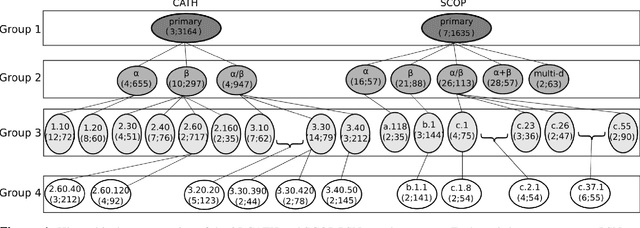
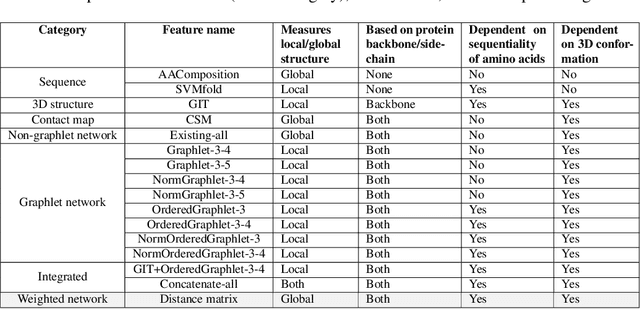
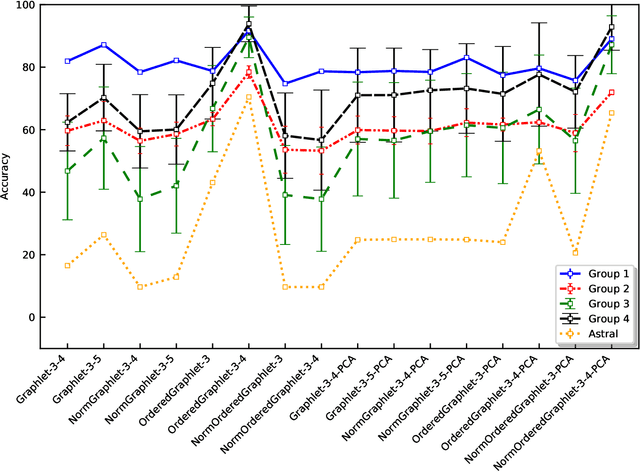

Abstract:Experimental determination of protein function is resource-consuming. As an alternative, computational prediction of protein function has received attention. In this context, protein structural classification (PSC) can help, by allowing for determining structural classes of currently unclassified proteins based on their features, and then relying on the fact that proteins with similar structures have similar functions. Existing PSC approaches rely on sequence-based or direct ("raw") 3-dimensional (3D) structure-based protein features. Instead, we first model 3D structures as protein structure networks (PSNs). Then, we use ("processed") network-based features for PSC. We are the first ones to do so. We propose the use of graphlets, state-of-the-art features in many domains of network science, in the task of PSC. Moreover, because graphlets can deal only with unweighted PSNs, and because accounting for edge weights when constructing PSNs could improve PSC accuracy, we also propose a deep learning framework that automatically learns network features from the weighted PSNs. When evaluated on a large set of 9,509 CATH and 11,451 SCOP protein domains, our proposed approaches are superior to existing PSC approaches in terms of both accuracy and running time.
Resilient Learning-Based Control for Synchronization of Passive Multi-Agent Systems under Attack
Sep 28, 2017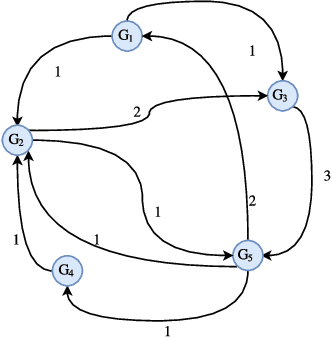
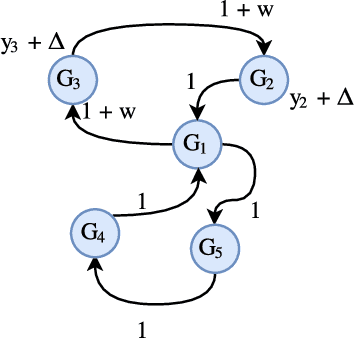
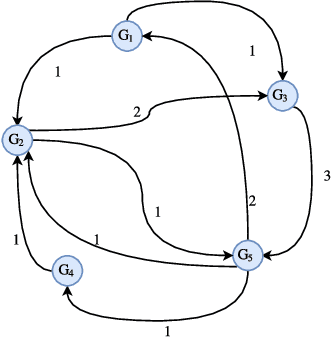
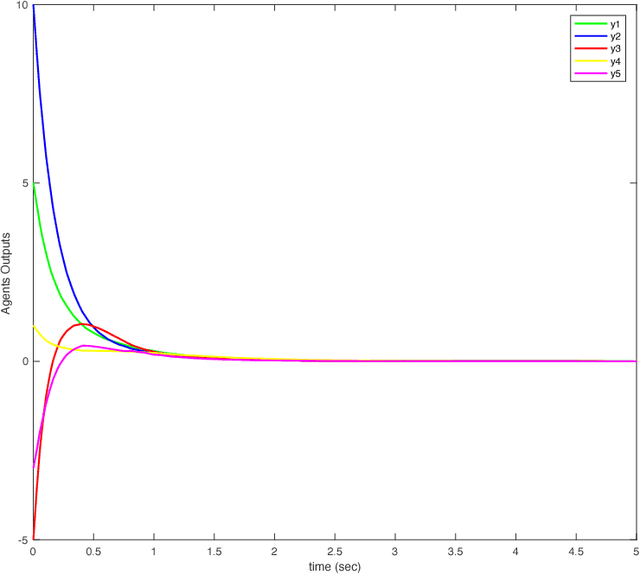
Abstract:In this paper, we show synchronization for a group of output passive agents that communicate with each other according to an underlying communication graph to achieve a common goal. We propose a distributed event-triggered control framework that will guarantee synchronization and considerably decrease the required communication load on the band-limited network. We define a general Byzantine attack on the event-triggered multi-agent network system and characterize its negative effects on synchronization. The Byzantine agents are capable of intelligently falsifying their data and manipulating the underlying communication graph by altering their respective control feedback weights. We introduce a decentralized detection framework and analyze its steady-state and transient performances. We propose a way of identifying individual Byzantine neighbors and a learning-based method of estimating the attack parameters. Lastly, we propose learning-based control approaches to mitigate the negative effects of the adversarial attack.
 Add to Chrome
Add to Chrome Add to Firefox
Add to Firefox Add to Edge
Add to Edge